Appeal Filed: FTC Challenges Microsoft's Activision Blizzard Acquisition
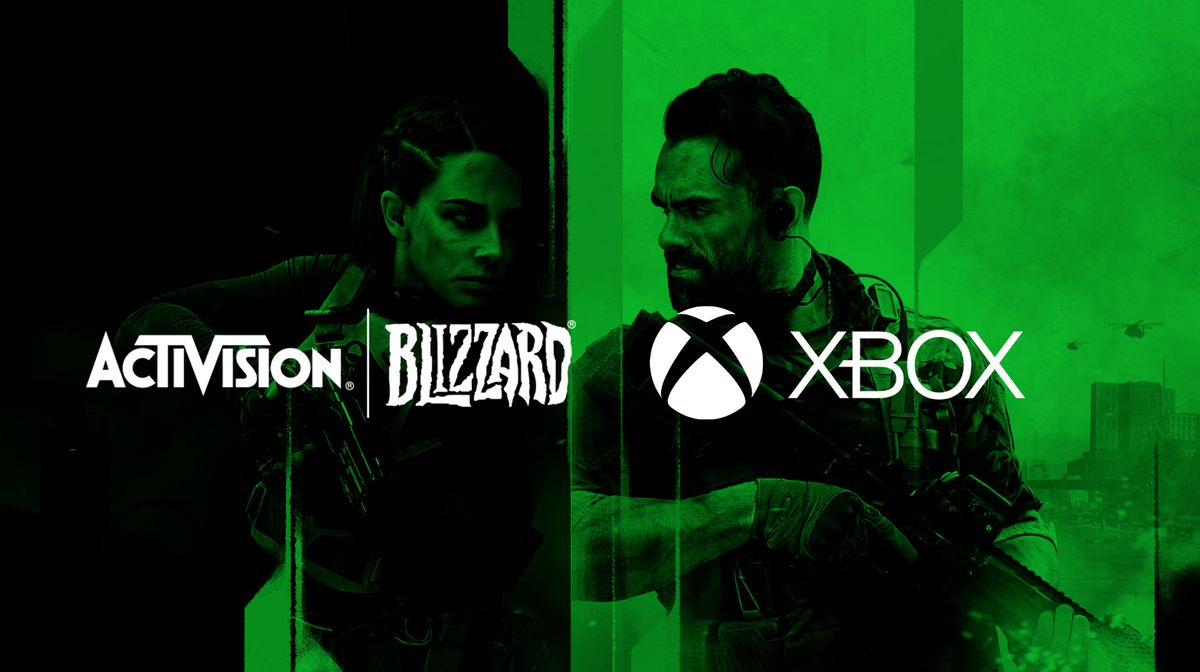
Table of Contents
The FTC's Concerns Regarding the Activision Blizzard Acquisition
The FTC's primary concern is that the merger would create an anti-competitive gaming market, particularly in the rapidly growing cloud gaming sector.
Anti-Competitive Practices
The FTC argues that the acquisition would allow Microsoft to stifle competition and harm consumers in several ways:
- Loss of Competition in Console Gaming: Microsoft's acquisition of Activision Blizzard would give it control of major gaming franchises like Call of Duty, World of Warcraft, and Candy Crush, potentially disadvantaging competitors like Sony and Nintendo. This could lead to less innovation and higher prices for consumers.
- Potential for Higher Prices: By controlling key franchises, Microsoft could raise prices for games or limit their availability on competing platforms. The FTC fears this could create a less competitive marketplace.
- Reduced Innovation: A less competitive landscape may stifle innovation as Microsoft might have less incentive to innovate when facing reduced pressure from competitors.
Market Domination
The FTC is also concerned about Microsoft's potential market dominance. Microsoft's existing market share, combined with Activision Blizzard's extensive game portfolio, would create a gaming giant with unprecedented power.
- Increased Market Share: Microsoft's Xbox already holds a significant market share. Adding Activision Blizzard's titles dramatically increases its dominance, potentially enabling exclusionary practices.
- Xbox Game Pass Expansion: The integration of Activision Blizzard's games into Xbox Game Pass could significantly enhance its attractiveness, further solidifying Microsoft's position and potentially pushing out competitors.
- Potential for Exclusionary Practices: The FTC worries that Microsoft could leverage its market power to exclude competitors by making Activision Blizzard games exclusive to Xbox or its Game Pass subscription service.
Microsoft's Defense and Arguments
Microsoft counters the FTC's claims by highlighting the benefits to consumers.
Counterarguments to Antitrust Claims
Microsoft argues that the acquisition will ultimately benefit gamers:
- Increased Game Availability: Microsoft contends that the merger will make more games accessible to a wider audience, including through Xbox Game Pass.
- Lower Prices (Potential Discounts on Game Pass): The company suggests that the acquisition could lead to lower prices for games, especially through bundled offerings within Xbox Game Pass.
- Broader Access to Gaming Content: Microsoft points to the expansion of its gaming library and the potential to bring popular titles to more platforms and devices.
Commitment to Fair Competition
To address the FTC's concerns, Microsoft has made some commitments:
- Licensing Agreements: Microsoft has offered to license Call of Duty to competitors like PlayStation for a period of 10 years, a significant concession. [Insert details of licensing agreements, if available].
- [Add any other commitments or concessions made by Microsoft here]
The Appeal Process and Potential Outcomes
The FTC's appeal is a complex legal process.
Understanding the Legal Procedures
The appeal involves several stages:
- Court Hearings: Both parties will present their evidence and arguments in court.
- Evidence Presentation: This includes documents, expert testimony, and market data.
- Potential Rulings: The court will ultimately decide whether to block the acquisition or allow it to proceed.
Potential Impacts on the Gaming Industry
The outcome of this case could significantly impact the gaming industry:
- Game Pricing: A successful FTC challenge might lead to lower prices for games overall. Failure could result in higher prices due to reduced competition.
- Game Availability: The decision will impact the availability of games on different platforms. A blocked acquisition might prevent Microsoft from making games exclusive to Xbox.
- Innovation: Reduced competition could stifle innovation, whereas a competitive market encourages it.
- Future Mergers and Acquisitions: The outcome will influence future mergers and acquisitions in the gaming industry, setting a precedent for future antitrust scrutiny.
Conclusion: The Future of the FTC's Challenge to Microsoft's Activision Blizzard Acquisition
The FTC's challenge to Microsoft's Activision Blizzard acquisition pits concerns about anti-competitive practices against the potential benefits of a larger, more integrated gaming ecosystem. Both sides present compelling arguments, highlighting the complexity of the issue. The outcome will have profound implications for the gaming industry, affecting game pricing, availability, innovation, and the future landscape of mergers and acquisitions. The ongoing debate underscores the importance of maintaining a competitive and fair gaming market. Stay informed about the "FTC Challenges Microsoft's Activision Blizzard Acquisition" by subscribing to our newsletter, following reputable news sources covering the Microsoft Activision Blizzard merger, and engaging in the discussion in the comments below. Let’s keep the conversation going about this crucial FTC antitrust case and its impact on the gaming world!

Featured Posts
-
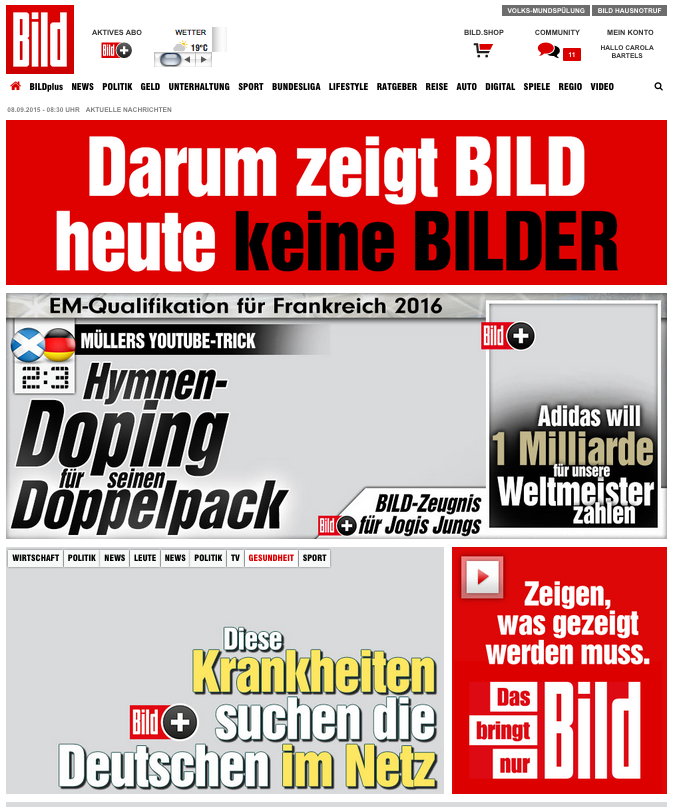 Onlayn Vestnik Struma Ikonomicheskata Kriza V Evropa Spored Lagard
May 27, 2025
Onlayn Vestnik Struma Ikonomicheskata Kriza V Evropa Spored Lagard
May 27, 2025 -
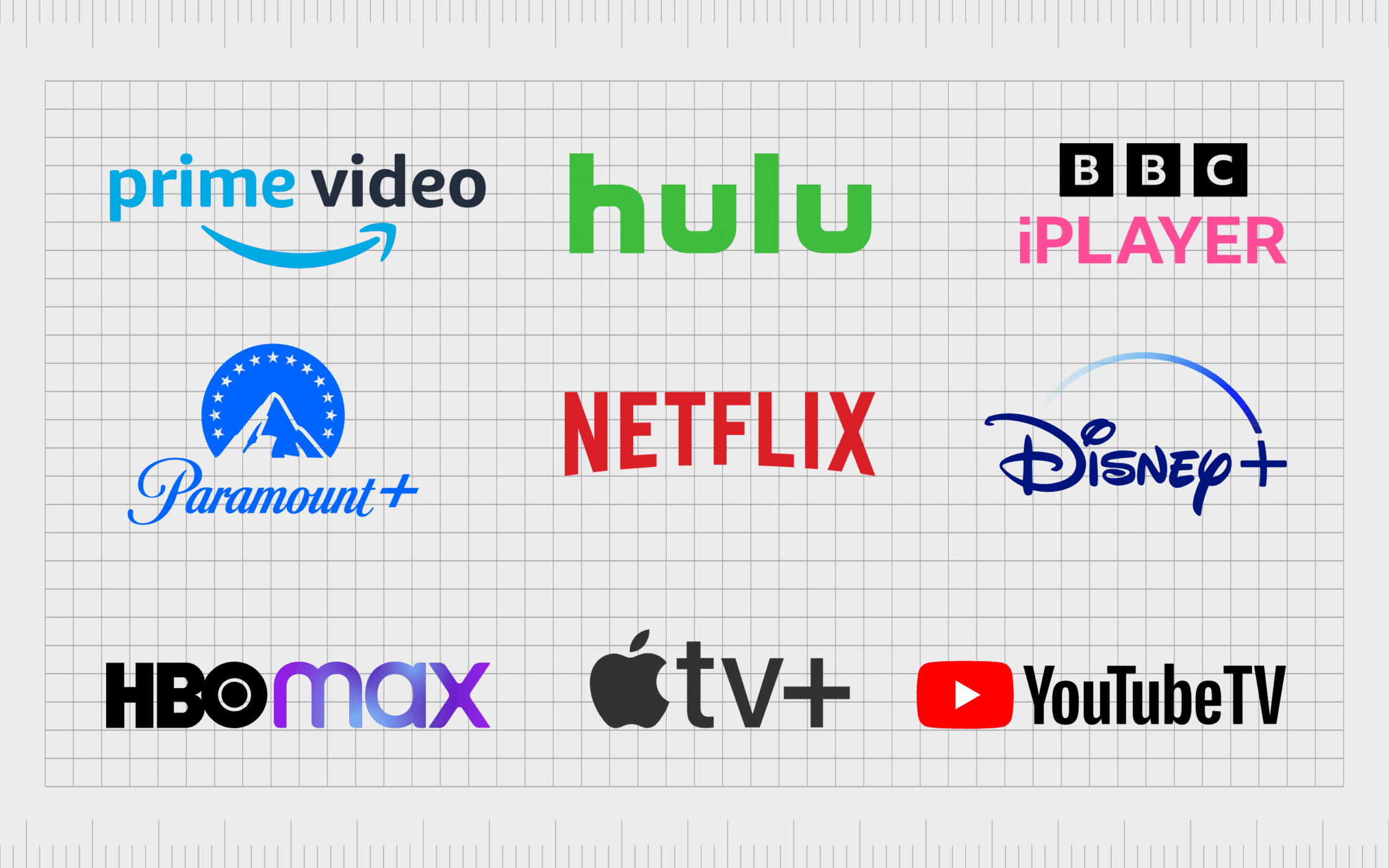 What The Tech Finding The Streaming Service With The Best Movies
May 27, 2025
What The Tech Finding The Streaming Service With The Best Movies
May 27, 2025 -
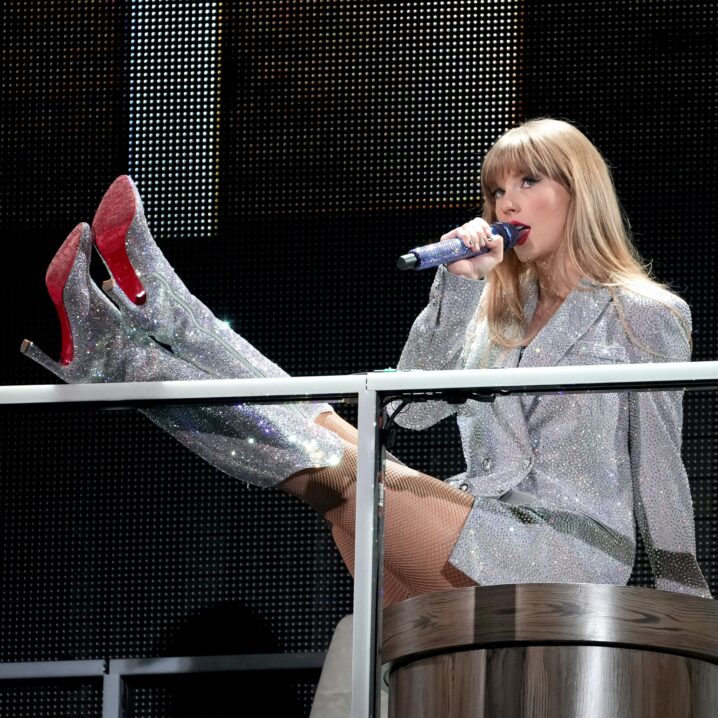 Taylor Swifts Eras Tour Wardrobe A Closer Look At The Stunning Costumes
May 27, 2025
Taylor Swifts Eras Tour Wardrobe A Closer Look At The Stunning Costumes
May 27, 2025 -
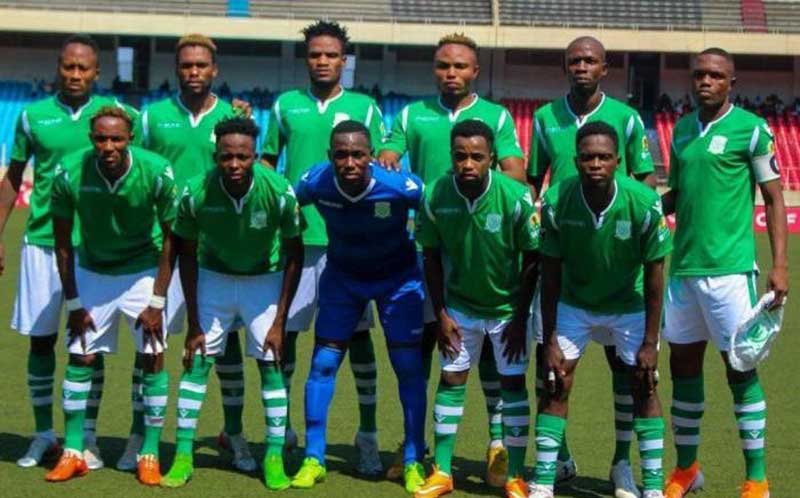 Algerie Coupe De La Caf Un Match Nul Sans Vainqueur
May 27, 2025
Algerie Coupe De La Caf Un Match Nul Sans Vainqueur
May 27, 2025 -
 10 000 Sfht Mn Sjlat Aghtyal Rwbrt Kynydy Tunshr Lleamt Nzrt Ela Almhtwa
May 27, 2025
10 000 Sfht Mn Sjlat Aghtyal Rwbrt Kynydy Tunshr Lleamt Nzrt Ela Almhtwa
May 27, 2025
